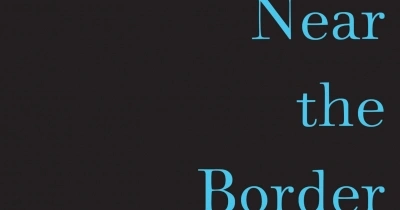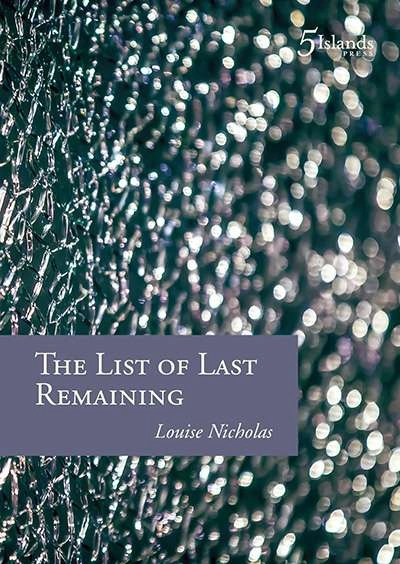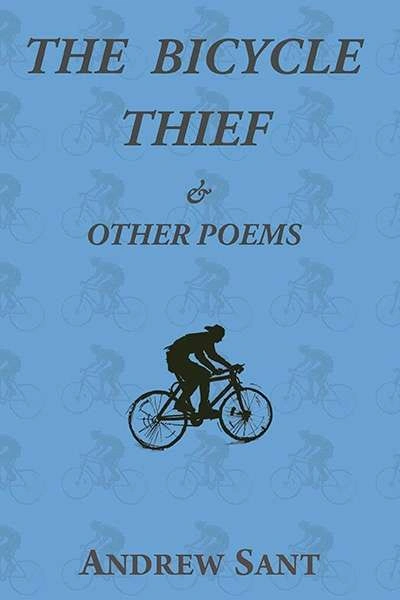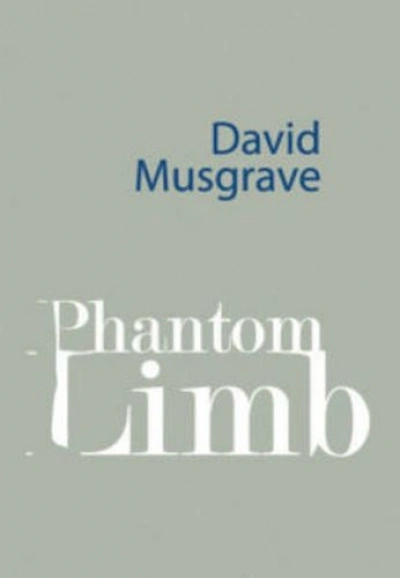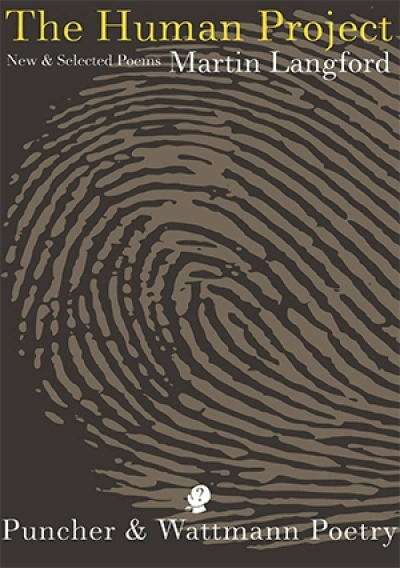Andrew Sant
Near the Border: New and selected poems by Andrew Sant
In this episode of 'Poem of the Week' Andrew Sant reads 'Tamarillos'. ABR Editor, Peter Rose, introduces Andrew who then reads and discusses his poem.
... (read more)This cactus looks as if, on a reef,
it could be neighbour to sponge, equally at ease
under the sea – or strange as some tentacled hydra
on the window ledge, free
of quickening leaves.
I was in the house of a friend’s parents recently and noticed, stuck to the fridge door, a poem clipped from a newspaper, among the sundry magnets and notices. Companion to book reviews, its subtleties had taken their fancy as being more than ephemera. Good, I thought, these are poetry readers – an engineer and an art teacher – who can confidently duck and weave among poems that come their way and say, yes, this one’s a pleasure. But do they buy and read collections of poetry? Well, they would more often if …
... (read more)Patterned play
Dear Editor,
Reviewing my On the Origin of Stories: Evolution, Cognition, and Fiction in ABR, Lisa Gorton writes, ‘Boyd shows a troubling lack of interest in the female of the human species’ (October 2009).
... (read more)

